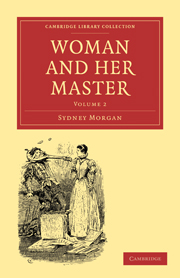Summary
The magnificent triumph accorded by the Roman army and people to the most warlike and fortunate of emperors, was quickly followed by his assassination! The pride of Aurelian had long been offensive to the senate; his cruelty was feared by all the most illustrious families of Rome, who suffered from its exercise; and his ignorant and haughty impatience of all civil institutions, evinced his intention of governing by the sword that empire, which he vauntingly asserted he had won by the sword!
The greatest general, and the worst politician of his time, Aurelian, was better fitted to command an army, than to govern a state; and the acts of severity with which he filled up the short interval, between his triumphal entry into the capital and his departure from it for the East, were abhorrent to policy, to justice, and humanity. “The executioners were fatigued, the prisons were crowded, and the unhappy senate lamented the death or absence of its most illustrious members.”
The excuse for this severity was an insurrection of the workmen of the mint;—its excesses, the result of his own cruel temperament, to which the excitement of shedding blood was a necessary indulgence. Five months after his “triumph,” when on his march near Byzantium, he fell a victim to a military and domestic conspiracy, and was murdered by the hands of one of his own generals, whom he had most trusted.
- Type
- Chapter
- Information
- Woman and her Master , pp. 366 - 417Publisher: Cambridge University PressPrint publication year: 2010First published in: 1840

